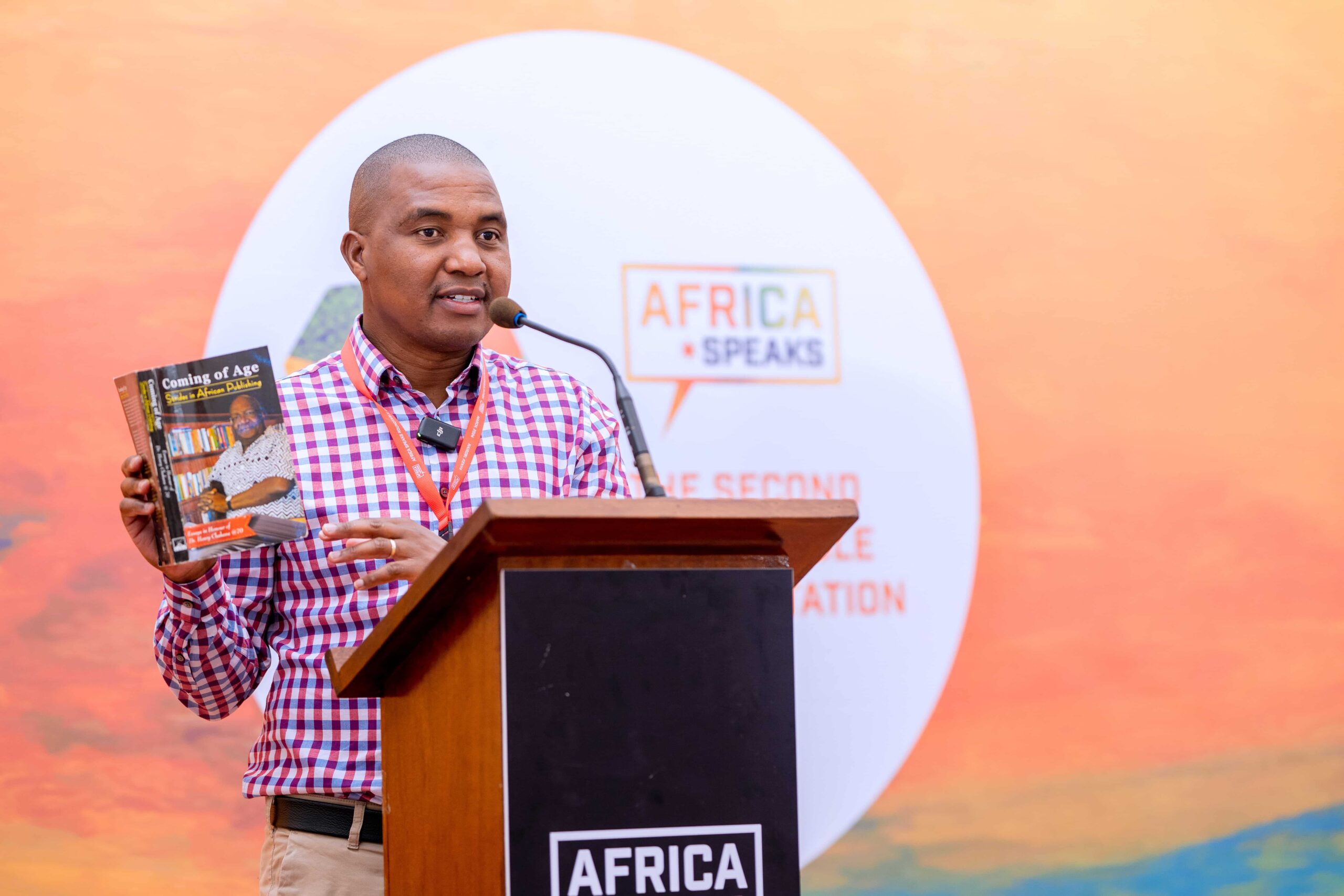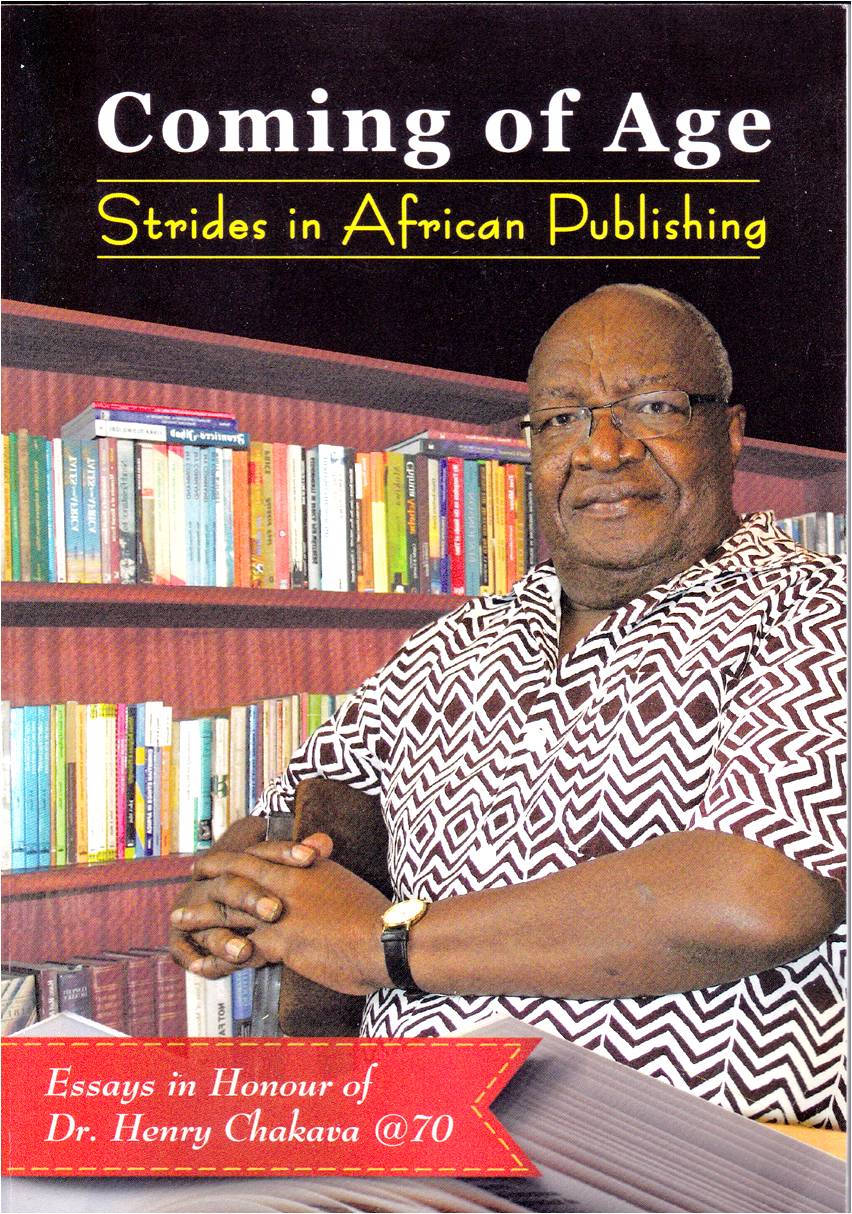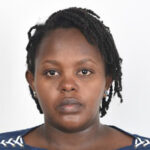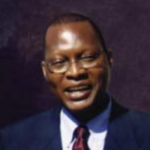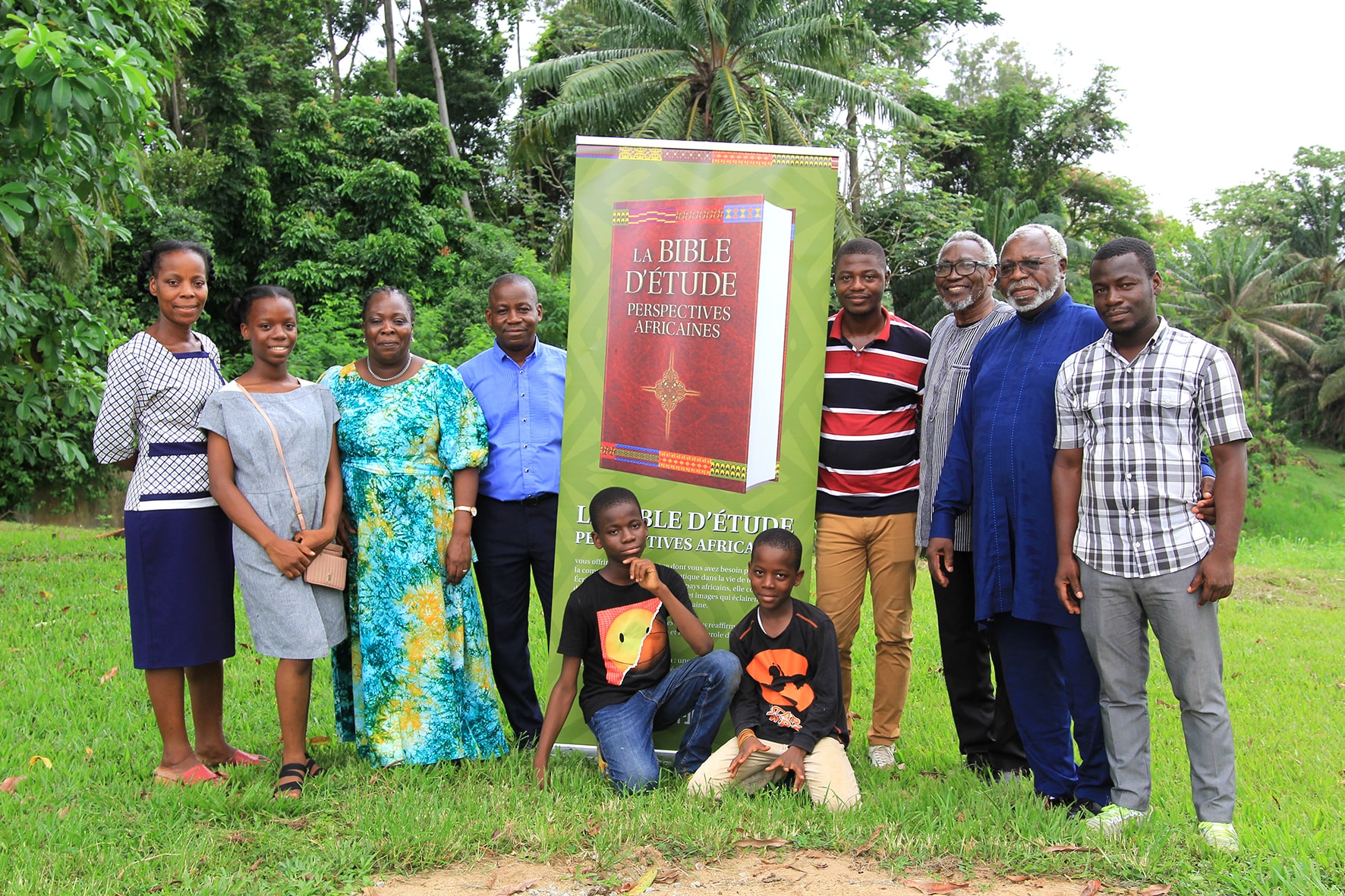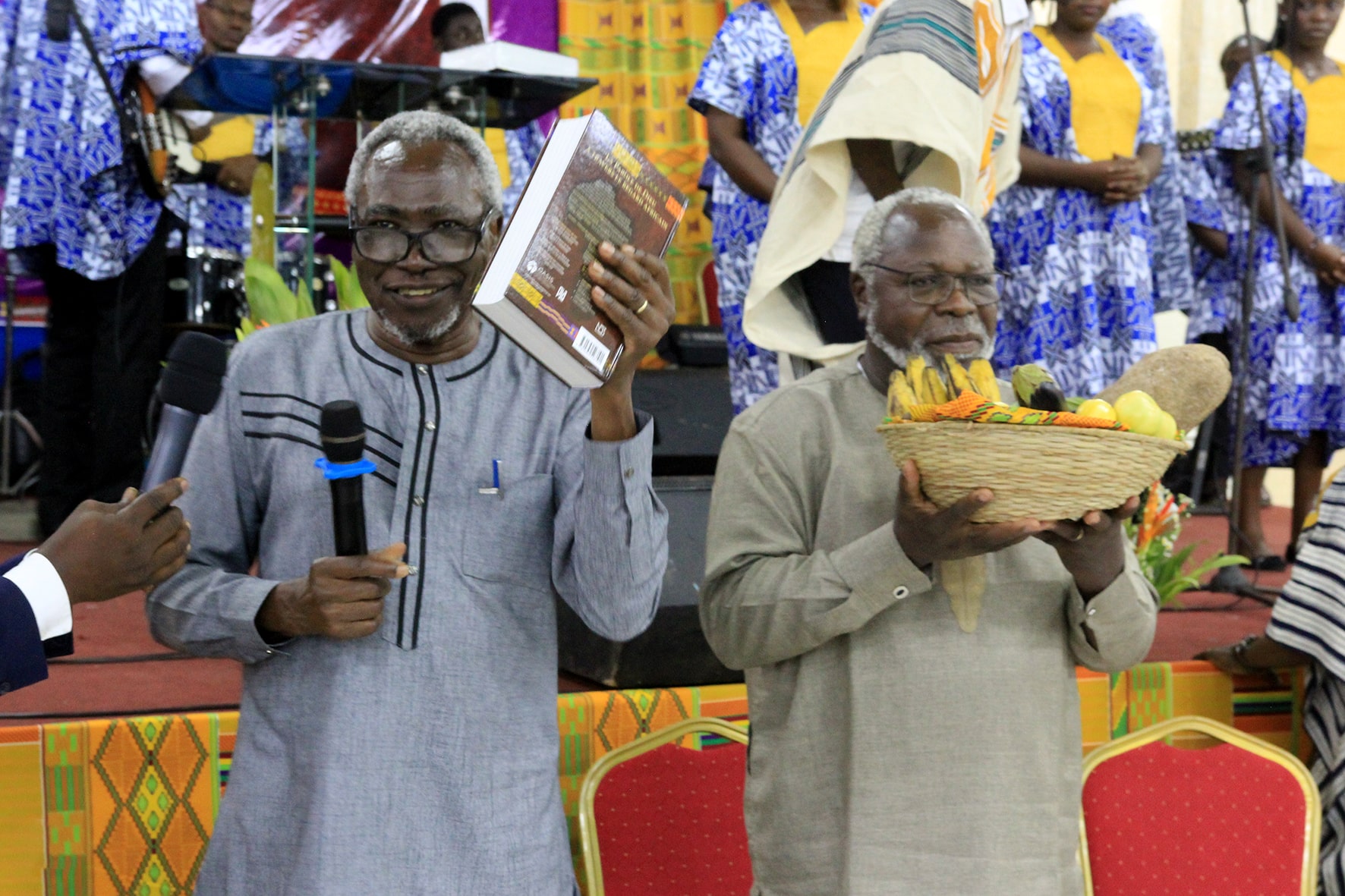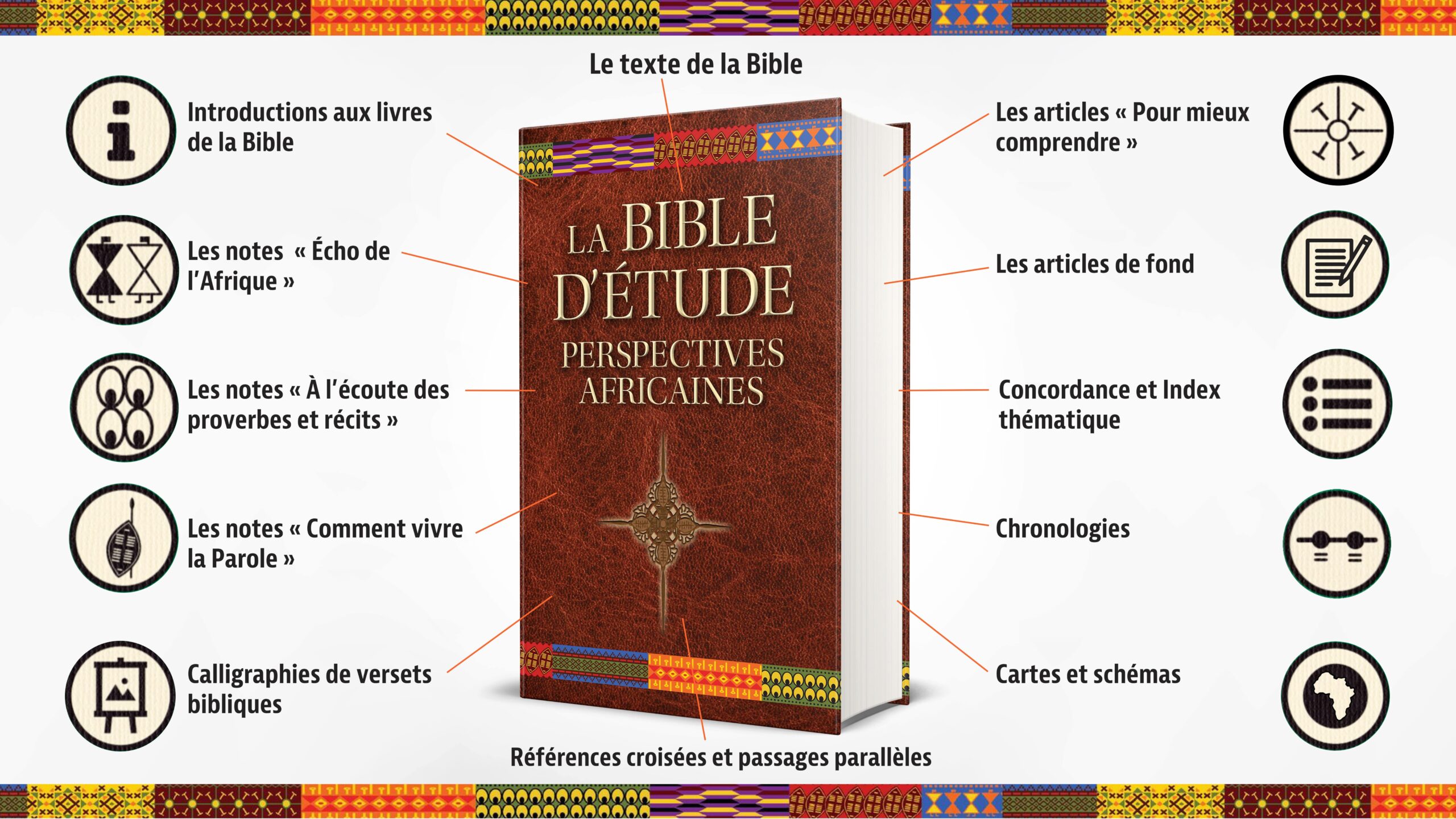Article By Huguette Cyubahiro
Who of you is left who saw this house in its former glory? How does it look to you now? Does it not seem to you like nothing?’ (Haggai 2:3, NIV)
In May 2022, there was an exciting book launch in East Africa and other parts of the world. The book was Africa to the Rest: From Mission Field to Mission Force (Again), co-authored by Sam Ngugi and Dr Yaw Perbi.[1] Our team had the honor of organizing the launch in Rwanda and I was inspired by the authors’ vision that, with the right discipleship, Africa could turn its numerical (number of Christians) strength into a mission force. Soon after, together with some friends, we presented a copy of the book to an immensely influential church leader. We asked what he thought about the challenge presented by ‘Africa to the Rest’, whether Africa would become a mission force. To our dismay, he said he doesn’t believe that Africa can be a mission force. He presented us with pragmatic facts to support his position; such as the lack of resources necessary to send missionaries, and the inability to provide the education needed to send quality missionaries to the unreached, among others. The pessimism! His words could well have killed our enthusiasm if we had not been basing our confidence on the faithfulness of God whom we had experienced as missionaries on the frontiers. This African mission vision, pragmatically, was poised to fail.
The Great Commission as a central theme in Christianity cannot be overemphasized. Certainly, the magnitude of this mission is matched by its difficulty.[2] This article will relate parts of the book of Haggai, as a portrait of a people whose passion could not move them beyond the discouragement of their elders. We will see what the Israelites suffered when their materialistic outlook replaced God’s promise and guidance for his mission. We will conclude by reflecting on how the church in our time can surmount such discouragements in fulfilling God’s purpose.

His words could well have killed our enthusiasm if we had not been basing our confidence on the faithfulness of God whom we had experienced as missionaries on the frontiers.
Motivation is No Issue, Longevity is
The fourth chapter of Ezra provides a background for Haggai. The elders in Israel, looking at the temple foundation, felt that it failed miserably in comparison to the temple they had seen in Solomon’s time. The book of Haggai opens with a call to rebuild the temple that still lay in ruins 16 years after the decree of the Persian Emperor Cyrus, which permitted the people to return to Jerusalem. When the first party of exiles returned to their homeland under the leadership of Zerubbabel, they made an enthusiastic start on rebuilding the temple which had been destroyed by the Babylonians, but were unable to proceed beyond the foundation.[3]
Various authors are of the opinion that it was opposition which caused the people to halt the rebuilding of the temple in Ezra 4.[4] To me, this is the superficial reason. God’s people are usually able to move beyond external obstacles in obedience to His will, as long as their view of God is right. There was a bigger obstacle, more difficult to surmount than the opposition from the Samaritans. It was the discouragement from the older generation that saw the foundations of the temple as ‘less glorious’ compared to the temple Solomon built in their time. Let’s look at the scene as depicted in Ezra chapter 3:
‘And all the people gave a great shout of praise to the Lord, because the foundation of the house of the Lord was laid. But many of the older priests and Levites and family heads (emphasis mine), who had seen the former temple, wept aloud when they saw the foundation of this temple being laid, while many others shouted for joy. No one could distinguish the shouts of joy from the sound of weeping, because the people made so much noise. And the sound was heard far away.’ (Ezra 3:11b-13, NIV)
Glory in Israel signified Yahweh dwelling among his people and taking pleasure in them. In this case, it was reminiscent of the glory of the Lord that had filled the Temple in 1 Kings 8:1-21 supposedly because it was a temple worthy of Yahweh, in the way it was adorned and built according to his instructions. This notion, in my view, sapped the energy and enthusiasm of a people who had already paid a high cost to leave the prosperous Babylon for Israel that could not promise the same material prosperity they had forfeited.
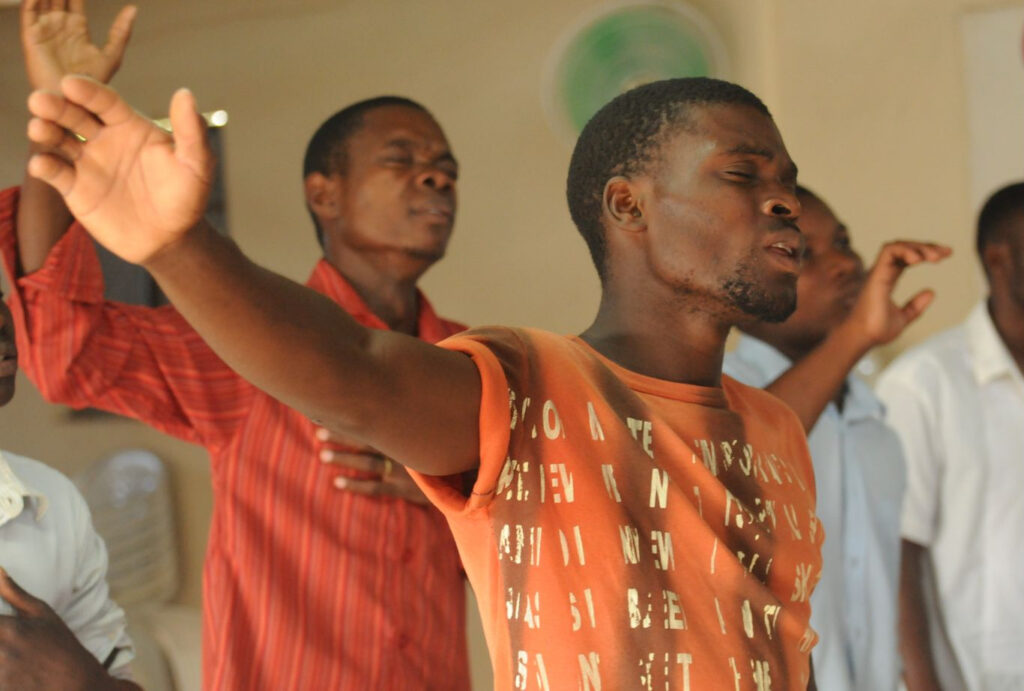
Humble Beginnings
Rwanda (then Ruanda-Urundi) has a glorious history of the East African revival in the 1920s and 1930s,[5] which swept the region and had influence in worlds beyond. Some elders in this generation lived in its wake. It has been only ten years since I came to the knowledge of God’s purpose to redeem the nations and the church’s responsibility in the task of world evangelization. According to facilitators of the Kairos Course, systematic envisioning of the Rwandan church (mobilization) started in 2008 with Kairos Course 3rd Edition. They targeted pastors as well as lay leaders, yet this didn’t necessarily translate into meaningful participation in world evangelization. In 15 years, only a handful of missionaries have been sent out from Rwanda. This is because, although our Christian leaders understand the theological rationale of mission, they mostly keep a safe distance when it comes to publicly encouraging others into missions, specifically to least reached nations. Time and again, when young mission leaders make small but costly strides, they are confronted with the fact that our elders can’t join in the celebration. Those who do will not do so publicly. These are small beginnings. Small budgets, small numbers, small everything. To such leaders who are at the height of ministry, it must be a shame to associate with such a small vision, unless they see with God’s eyes.
‘The pragmatic mindset says, does it work? if it’s visible, demonstrable and tangible we will take it. If you get numbers, you’re doing the right thing. If God supplies the money, then you must be doing the will of God.’[6] In our time, the need of the hour is world evangelization, people group by people group, and we are to work our way through obstacles, both collectively and individually, in order to respond in obedience. Failure to do that is failure to function in our identity as his people.
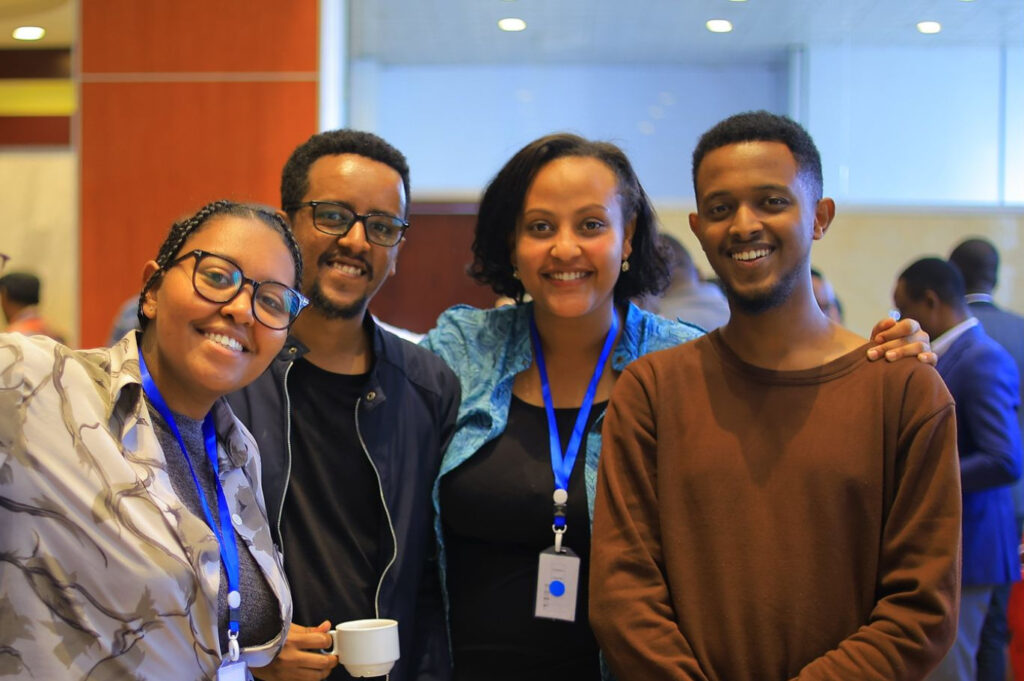
In our time, the need of the hour is world evangelization, people group by people group, and we are to work our way through obstacles, both collectively and individually, in order to respond in obedience.
What Resulted?
They sank into consumerism. ‘ . . . is it time for you yourselves to be living in your paneled houses, while this house remains a ruin? (emphasis mine)’ (Haggai 1:2, NIV) The Jews in Haggai’s day weren’t merely meeting their need for houses to live in. They were building luxurious houses.[7] Human beings have innate ambition. And when God isn’t the center of that ambition, materialism becomes their pursuit. We talk about not having enough money to support missions, but when the missionary returns from the field, he finds a new luxury car in the parking lot. Ultimately, the question is whether God’s mission is seen as a priority in our lives, not whether we have resources.
Responding with Faith in God’s Promise
God has in the past used the young to open the eyes of their elders. One such example is William Carey. When he started sharing his burden for reaching the heathen, the most aged and respectable ministers thought it wild and impracticable and therefore gave him no encouragement. At a meeting held soon after his ordination, he suggested as a subject for their discussion, ‘the duty of Christian people to spread the gospel among the heathen’. The elder Ryland, who had baptized him a few years earlier, rose sternly to his feet with the rebuke (emphasis mine), ‘Young man, sit down! When God pleases to convert the heathen, He will do it without your aid or mine!’ Carey’s tenacity eventually yielded fruit, and by God’s grace a missionary society was formed.[8] Here are some of the recommendations from William Carey’s example, that we can apply, as we trust God to change the status quo.[9]
1. We need to be students of mission
We need to study God’s word to understand his Mission for ourselves. Carey’s message in his little 87-page book, ‘An Enquiry’, was packed with up-to-date statistics of peoples, their geographical locations, and their religious status. It was a masterpiece of factual accuracy. His message was relayed so passionately and persuasively. It is going to take more than minimum effort on our part to mobilize our leaders into God’s mission. He has provided all that is needed; we must give it our utmost!
2. Our plea needs to speak into current missiological issues of the church.
In Carey’s days the prevailing attitude was that the Great Commission was exclusively for the apostles to whom the words were originally addressed. Therefore, he wrote portraying the Great Commission as being just as valid for modern Christians as it was for the apostles. We need to ask the Holy Spirit to help us discern the predominant attitude that causes our leaders to be indifferent to mission, and speak into it.
3. We need to document our stories and reflections.
I have only recently learnt that we have had African missionary pioneers through the book ‘Africa to the Rest’![10] What if most of our pioneers had documented their struggles and victories? Wouldn’t that have given us some kind of benchmark to which we could refer as we trace our own missionary journey? Sometimes biographies of western missionaries can be out of context for young African leaders. God is at work in Africa through Africans. His victory needs to be sounded in the global arena. If Carey’s message hadn’t been communicated both in word and print, it definitely wouldn’t have had an effect across the Christian world.
4. We need to develop relevant mechanisms for the practice of mission in our context.
Carey’s little book had a long title that went thus, ‘An enquiry into the obligation of Christians to use means for the conversion of the heathens’ (emphasis mine). The means advocated were the practical structures required to get the task accomplished.[11]
5. We need steadfast faith in our God (This point cannot be overemphasized.)
The mission of God is a school of faith. That we lose passionate young leaders to the discouragement of their elders, ultimately, is something to do with their own faith. The success stories of missions are stories of endurance and the faithfulness of God. Isaiah 50:7 says ‘Because the Sovereign Lord helps me, I will not be disgraced. Therefore have I set my face like flint, and I know I will not be put to shame (emphasis mine).’
6. We need to be committed to pursuing maturity through discipleship
We need to realize that God didn’t call us because we were the perfect fit. We need to be accountable to God and his people. We need not be running for platforms, but take time to grow through discipleship so that our character can be helped. Once we are in positions of influence without accountability it’s very hard to go back to the foundations and get the discipleship we need.
Conclusion
The Bible provides a solid understanding of the mission of God. Like the nation of Israel, the church has the divine commission to ‘bless’ all nations. Additionally, in our time, God has provided the ministry of mobilization to reignite the fire of missions. Yet, in many cases, our key leaders continue to treat world evangelization as an afterthought. They won’t participate meaningfully or encourage those they lead to be involved in it publicly. This to me is because the story of mission in Rwanda and other African countries is a story of small beginnings whose glory escapes our pragmatic leaders. As Caleb and Joshua would say in Numbers 14:8 ‘If the Lord is pleased with us, he will lead us into that land, a land flowing with milk and honey, and will give it to us.’
End Notes
- Yaw Perbi and Sam Ngugi, African to the Rest: From Mission Field to Mission Force (Again) (Maitland: Xulon Press, 2022).
- Steve Richardson, Is the Commission Still Great? (Chicago: Moody Publishers, 2022).
- David Pawson, Unlocking the Bible: A Unique Overview of the Whole Bible (Newcastle upon Tyne: True Potential, 2017), 451.
- Pat and David Alexander, The Lion Handbook to the Bible (Jordan Hill Rd: Lion Hudson PLC, 2009).
- Living Springs International, Kairos: God, the Church and the World (Living Springs International, 2005).
- Elizabeth Elliot, ‘Quality Life: The Vitality of the Crucified Life,’ (February 23rd, 1992). https://elisabethelliot.org/resource-library/lectures-talks/the-vitality-of-the-crucified-life-quality-of-life/.
- Pawson, Unlocking the Bible: A Unique Overview of the Whole Bible, 451.
- Eduard A. Annett, William Carey: Pioneer Missionary to India (Georgia: National Sunday School Union, 1932), 24-27.
- William Carey, An Inquiry into the Obligations of Christians to use Means for the Conversion of the Heathens: In Which the Religious State of the Different Nations of the World, the Success of Former Undertakings, and the Practicability of Further Undertakings, are Considered. (Leicester: Ann Ireland, 1792).
- Ngugi, Africa to the Rest: From Mission Field to Mission Force (Again), 2-17, 31-32.
- A. Skevington Wood, The Inextinguishable Blaze: Spiritual Renewal and Advance in the Eighteenth Century (Eugene: Wipf and Stock, 2005), 240.
